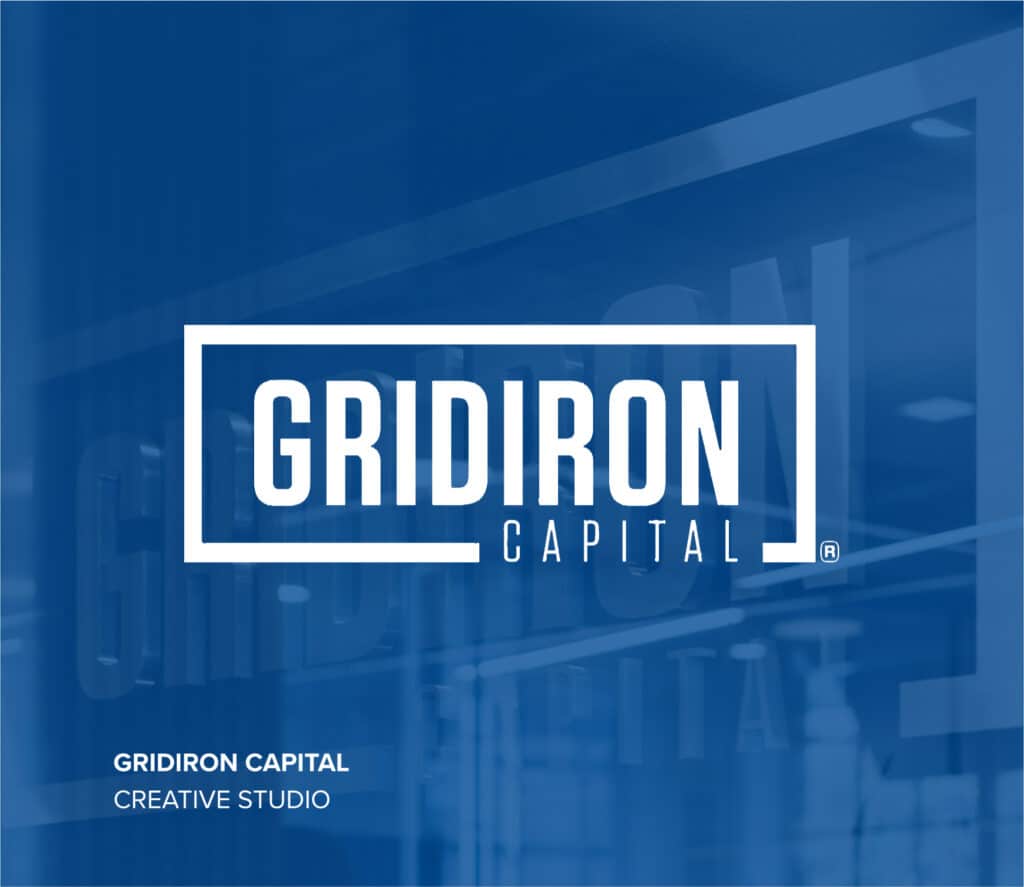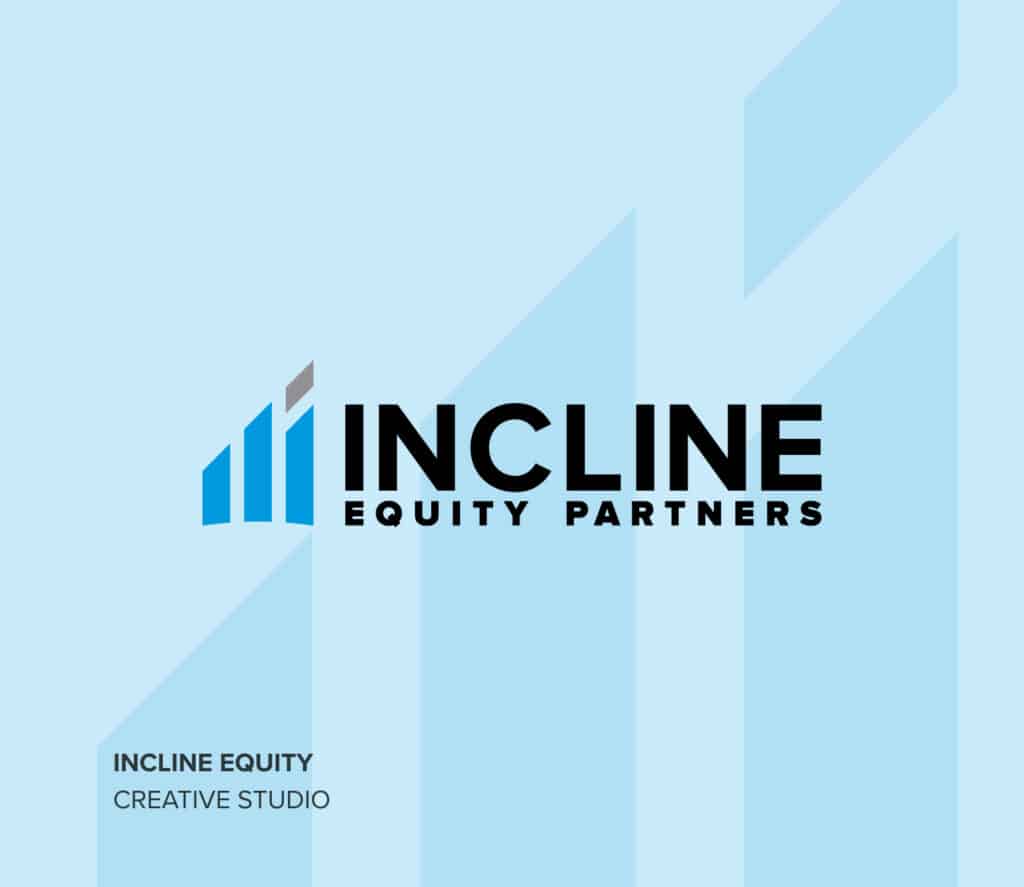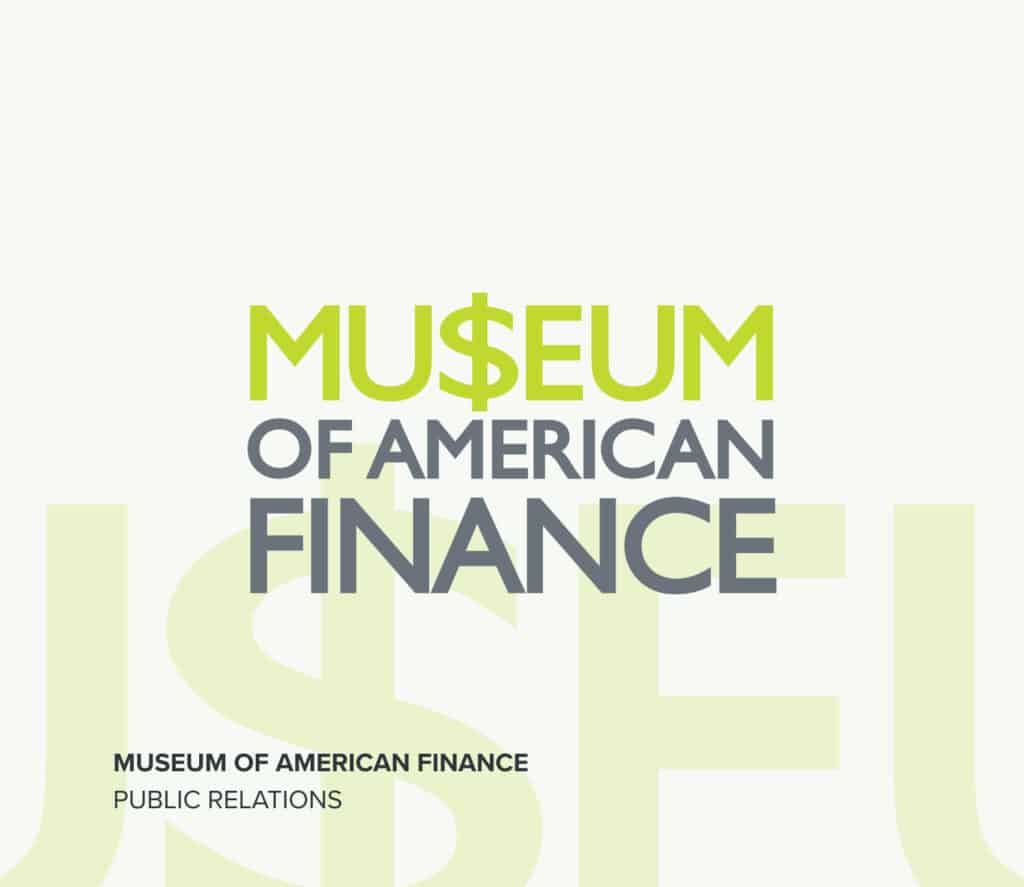As we celebrate all the progress women have made during Women’s History Month, we wanted to reflect on gender equity, inclusion and diversity, and how intersectionality plays a pivotal role in this mission.
Society is making strides towards women’s empowerment, but there is still much work to be done, especially at an intersectional level. Intersectionality is important when we think about diversity and inclusion because it’s a framework that takes into account people’s overlapping identities, and the experiences they face based on not only their gender, but on race, religion, class, sexuality or disability.
For instance, while women on average are paid 82 cents to a man’s dollar, black women are paid 61 cents to the dollar, native women make 58 cents to the dollar, and latinx women make 52 cents to the dollar. The pandemic has not helped matters, with women accounting for 55% of the jobs lost during the recession based on May 2020 statistics. Unemployment rates during this time also made up 14.3% of women overall, 17.2% for Black women, 19.5% for Latinx women, and 11.9% for men.
While we have seen an increase in the last decade of the number of women on corporate boards and executive committees, we still have a ways to go. Women comprise only 20 percent of executive committees and 23 percent of boards. Looking at the financial sector specifically shows us that banks, fintechs and insurance firms continue to struggle to reach gender balance within their senior leadership boards and committees.
Still, we’re hopeful, as there are tons of organization that are working to prioritize D&I across industries, so we wanted to share a few:
- Audeliss: An executive search firm that levels the playing field for leadership teams and boardrooms globally. Audeliss represents all intersections of diversity: LGBT+, people of color, women, veterans, those with disability and many more. Vested proudly partners with Audeliss during our recruitment process.
- INvolve: A global network and consultancy championing diversity and inclusion in business through training.
- Our very own Chief People Officer, Loreal Torres, is a recognized INvolve EmPower Ethnic Minority Leader, which showcases leaders who are working to break down barriers for minorities and people of color around the world. Loreal said, “Being listed as an Ethnic Minority Executive Role Model in 2020 was such an honor. I truly love the work I get to do by breaking down barriers for people of color in an industry that has made progress, but still has a long way to go. It’s such an honor to be recognized, but it also fires me up to ensure we keep progressing.”
- INvolve also puts together The HERoes Role Model List. Supported by Yahoo! Finance, it showcases leaders who are championing women in business and driving change for gender diversity in the workplace.
- The 3% Movement: Until they came along, only 3% of Creative Directors were women and very few were people of color. Now, the number of female Creative Directors has gone from 3% to 11% in just a few short years. The 3% Movement’s mission is to bring this number up to 50% by working with companies through events, mentorship, consulting, etc to make sure they are taking action.
- ADCOLOR: This organization champions diversity and inclusion in creative industries. Their goal is to create a community of diverse professionals who support and celebrate one another.
- CHIEF: A private network focused on connecting and supporting women leaders, Chief’s members stem across the finance, technology, entertainment, and business worlds.
As we look towards the future, we know these organizations are going to make a positive impact towards gender parity at an intersectional level.


